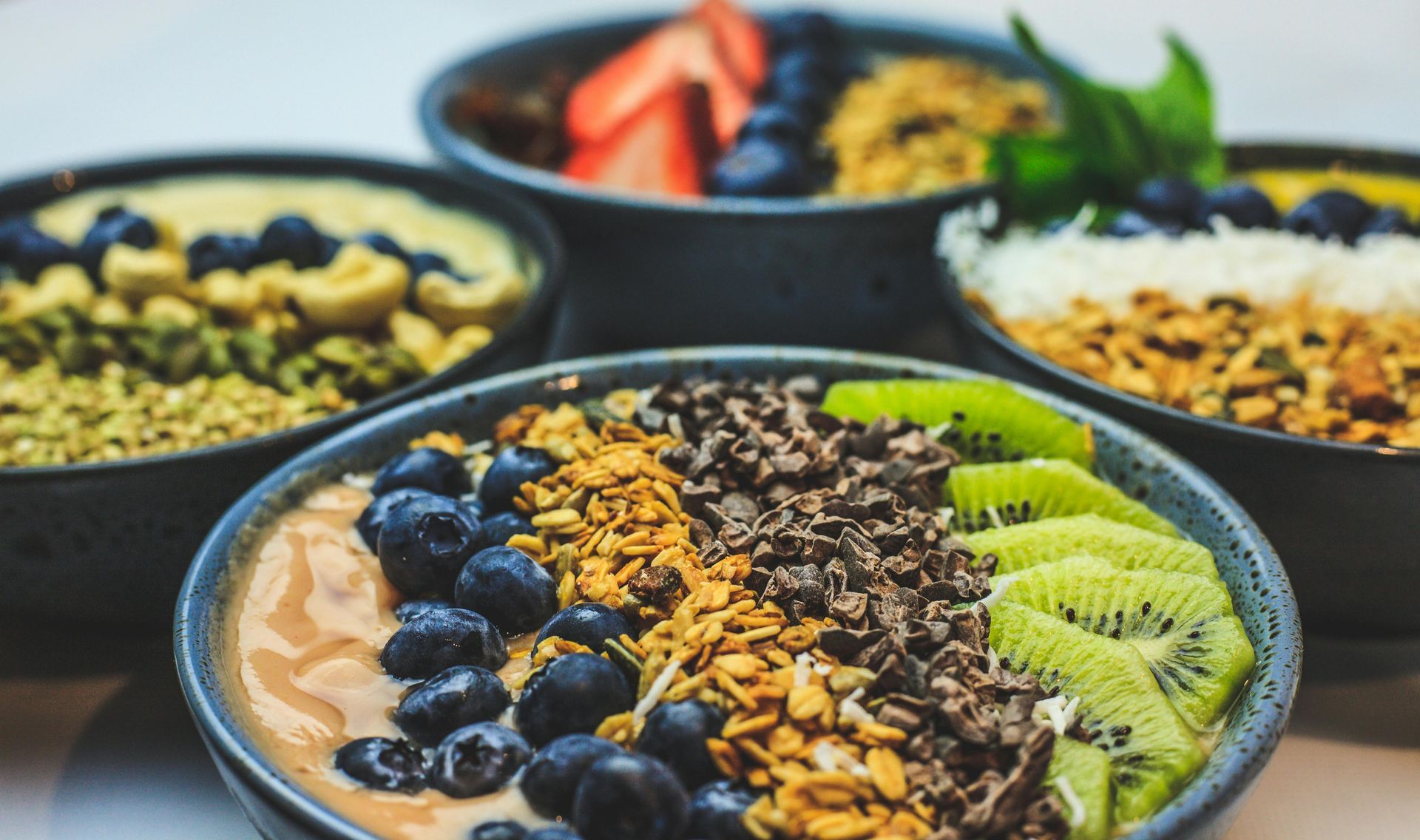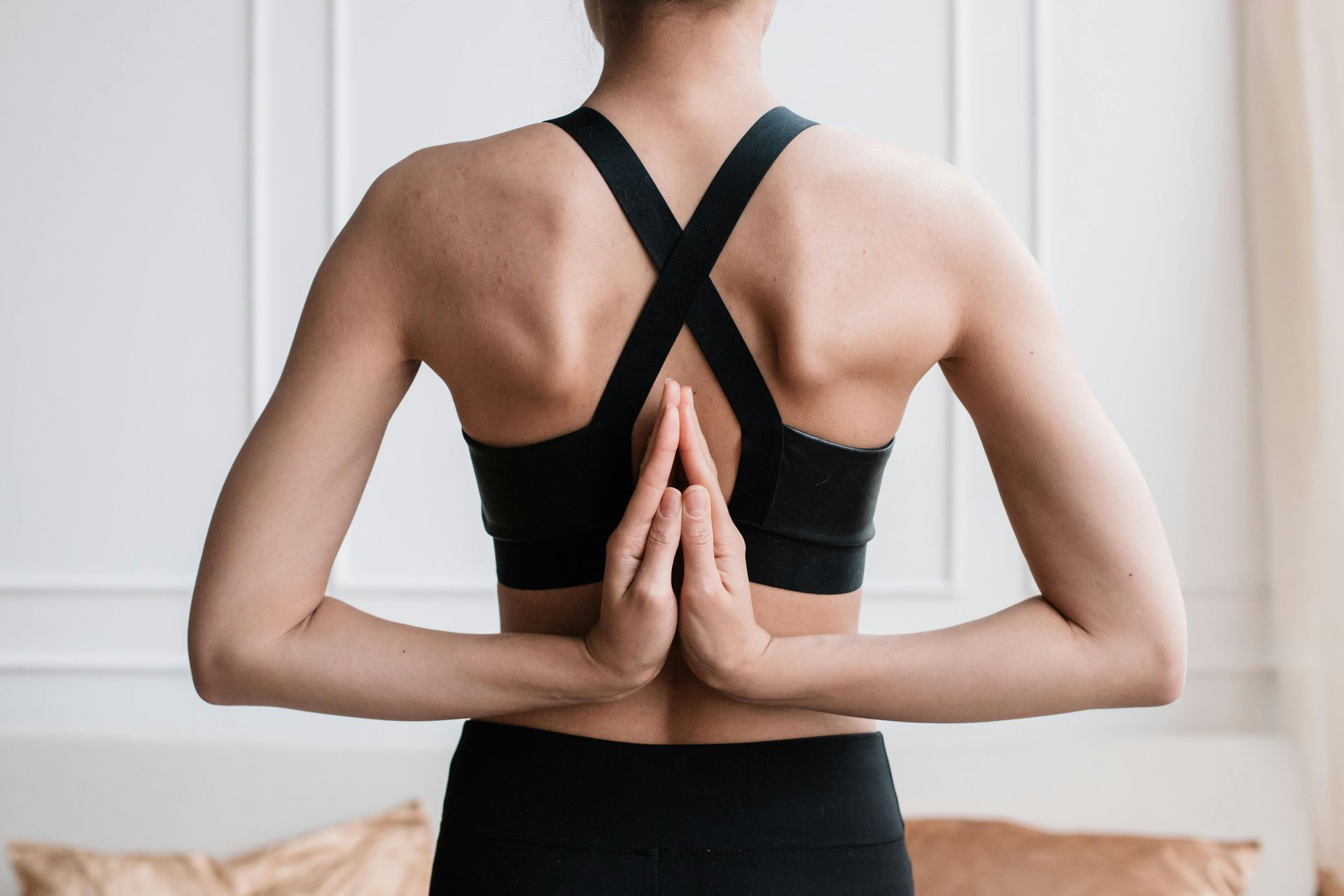Essential Oils for Stress Relief: What Science Says
Stress has become an inevitable part of modern life. Stress can take a toll on our health, whether it's work pressure, personal challenges, or the fast-paced nature of daily routines. It affects our mental and physical well-being. Natural remedies have gained popularity due to their non-toxic benefits. Hence, many people have begun to use essential oils for stress relief. This approach promotes relaxation and emotional balance. But the question of the hour is, do essential oils work?
Research shows that some essential oils in aromatherapy can lower stress, anxiety, and tension. They do this by affecting brain activity and how the nervous system reacts. In this blog, we'll explore what science says about the
best essential oils for stress relief, how they work, and how to use them safely and effectively.
Understanding Aromatherapy and How It Works
These potent oils have scents that affect our brains when we breathe or absorb them through our skin.
What is interesting is that inhaling essential oil molecules triggers the olfactory system. This system connects to the limbic system, which controls emotions, memory, and stress responses. This interaction can influence mood, lower cortisol (the stress hormone) levels, and promote a sense of calm.
Many studies show that aromatherapy can help reduce stress and anxiety. Results differ, but several suggest that some essential oils may benefit relaxation. Let's take a look at some of the most effective ones
Essential Oils for Stress Relief (Backed by Science)
Lavender Essential Oil
Lavender is one of the most well-researched essential oils for stress relief. Numerous studies support its ability to reduce stress and anxiety levels.
A 2013 Evidence-Based Complementary and Alternative Medicine study showed that inhaling lavender oil can lower stress and improve mood. A study in The Journal of Alternative and Complementary Medicine found that lavender oil reduces cortisol levels, which can calm the nervous system.
How to Use:
Add a few drops to a diffuser before bedtime for improved sleep.
Mix with a carrier oil and apply to pulse points for all-day relaxation.
Chamomile Essential Oil
Chamomile is widely known for its calming properties. Research suggests that it may help with stress reduction and relaxation.
A 2017 study in Phytomedicine showed that chamomile oil can lightly calm anxiety. It helped reduce symptoms of generalised anxiety disorder. Its anti-inflammatory and soothing qualities make it great for easing mental and physical tension.
How to Use:
Add to a warm bath for a soothing soak.
Use in a massage blend to ease stress-related muscle tension.
Bergamot Essential Oil
Bergamot, a citrus-scented oil, has been shown to affect mood and reduce stress levels positively.
This action helps boost feelings of well-being. A Complementary Therapies in Medicine study found that bergamot oil can boost mood and lower stress when used in aromatherapy.
How to Use:
Diffuse in your home or office for an uplifting atmosphere.
Add a drop to a tissue and inhale during moments of high stress.
Ylang-Ylang & Frankincense
Ylang-ylang has been found to lower blood pressure and induce relaxation. A study in The Journal of Exercise Rehabilitation found that it can reduce stress and boost mood. Frankincense, often used in meditation, has anti-anxiety properties. A Journal of Traditional and Complementary Medicine study found that frankincense oil calms the nervous system, making it an excellent option for emotional balance.
How to Use:
Combine with a carrier oil and apply to temples for relaxation.
Diffuse during yoga or meditation sessions.
How to Use Essential Oils for Maximum Benefits
To maximise the aromatherapy benefits of essential oils, it's vital to use them correctly. Here are some effective methods:
Diffusion
A diffuser disperses essential oil molecules into the air, allowing easy inhalation and absorption. This is one of the most effective ways to experience aromatherapy benefits.
How to Use:
- Use 4-6 drops of the best essential oils per 100ml water.
- Opt for ultrasonic diffusers for a fine mist distribution.
Topical Application
Using essential oils on the skin can help relieve stress. However, to avoid irritation, it's important to dilute them with a carrier oil, like coconut or almond oil.
Recommended areas:
- Wrists and pulse points.
- Behind the ears and on the neck.
- Soles of the feet for deeper absorption.
- Bath & Massage Therapy
- Aromatherapy baths and massages can deeply relax the body and mind.
How to prepare an essential oil bath:
Add 5-10 drops of the best essential oils to a tablespoon of carrier oil or bath salts before mixing with warm water.
For massage:
Mix essential oils for stress relief using a carrier oil. Aim for a 2-3% dilution, about 12-18 drops in 30ml of carrier oil.
Safety Considerations & Precautions
While aromatherapy benefits are well-documented, it's crucial to follow safety guidelines:
- Dilution is key: Never apply undiluted essential oils for stress relief directly to the skin.
- Patch test before use: Apply a small amount of diluted oil to your inner forearm. This helps check for allergic reactions.
- Pregnant women and children: Consult a healthcare professional before use.
- Quality matters:
Choose 100% pure, therapeutic-grade essential oils to avoid synthetic additives.
Conclusion & Final Thoughts
Research shows that essential oils can help relieve stress. They have positive effects on mood, anxiety, and relaxation. Lavender, chamomile, bergamot, ylang-ylang, and frankincense are essential oils. Science supports their use for stress relief.
If used right, essential oils can help manage stress naturally. You can use them by diffusing, applying them to the skin, or adding them to a bath. However, it is essential to follow safety guidelines and ensure the oils are of good quality.
Ready to experience the benefits of
essential oils for stress relief? Try incorporating them into your daily routine and discover their calming effects!


